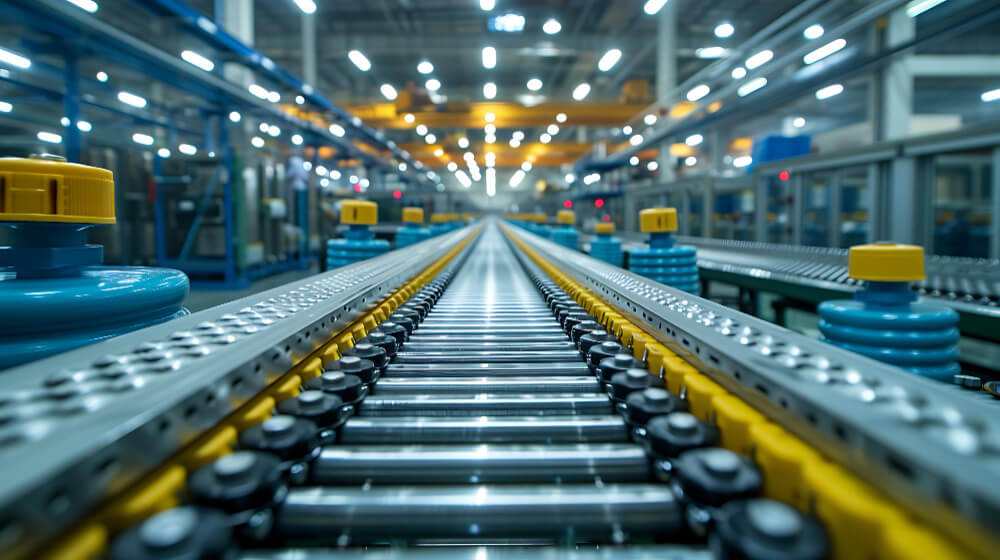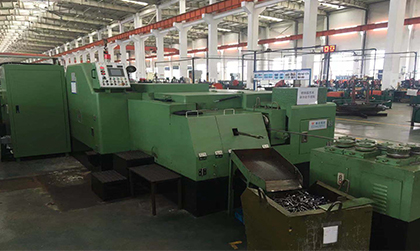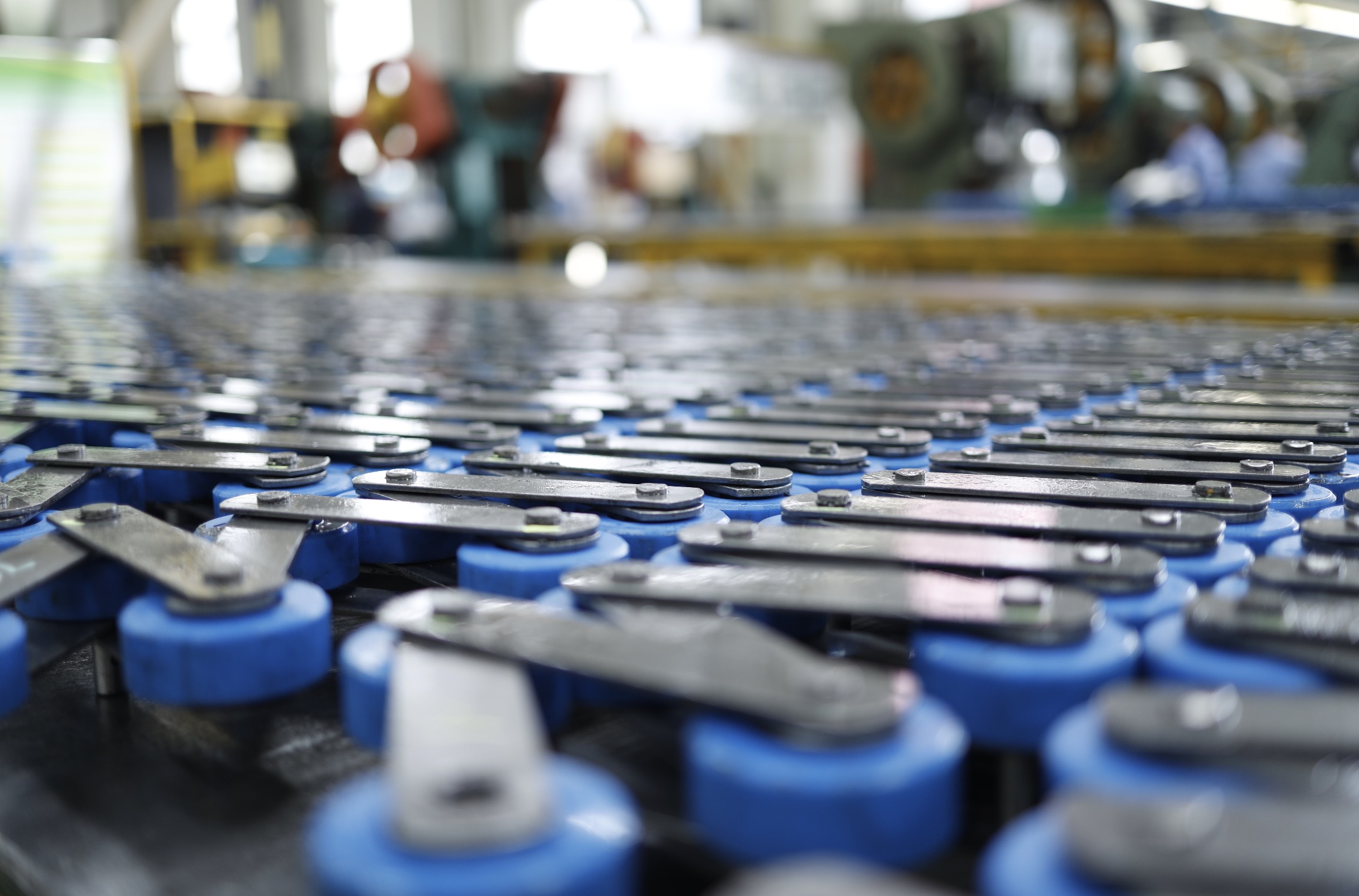When exploring power transmission chains, the abundance of options can seem overwhelming. Should you choose versatile, economical roller chains? Or opt for beefier engineering-class variants? Let’s clarify the differences and guide your decision.
- Roller chain offers the best value for typical loads
- Engineering-class handles 2-3X loads but costs more
- Precision construction withstands vibration and shocks
- Permutes into multiple performance levels
Both roller and engineering-class chains share similar construction – alternating inner and outer plates with bushings, rollers or bushings. The differentiation comes down to strength, tolerances, materials and heat treatment.
Decoding Roller Chain Grades
The economical backbone of chain transmission, roller chains span a wide spectrum of quality levels. On the low end, commercial chains focus solely on price while sacrificing durability. These chains exhibit looser pin clearances that degrade faster under load.
Moving up, precision chains made to ANSI/ISO specifications[1] strike an optimal balance between quality, performance and affordability. Their heat-treated components and controlled clearances maintain 2-3X the life of commercial variants at reasonable costs. Precision chains serve most general applications.
At the top, heavy-series roller chains ratchet up part thicknesses, materials and shot peening procedures to handle demanding environments. Load capacities grow by 30-50% over precision chain, as does price. This extra capability makes sense for highly loaded conveyance and drivetrains.
How to Choose Between Roller and Engineering Chains
When selecting between economical roller chains and rugged engineering-class offerings, focus on these key factors:
Load Levels
Roller chains work well for general loads under 1,500 lbs. Engineering chains start at 5,000+ lbs. Analyze peak loads and shock factors – not just averages. Shock loads well above the average accelerates wear.
Drive Configuration
Compact drives with small sprockets or centers benefit from engineering chains to avoid extreme flexing that damages roller variants prematurely. The added strength also enables higher horsepower density.
Environment
Harsh, dirty, extreme temperature, or corrosive environments favor engineering chains. Their precision construction and case hardened surfaces withstand contamination and abuse that quickly degrades roller chains.
Service Life
Calculate total lifecycle costs, not just upfront purchase expense. Engineering chains far outlast roller variants under load. While initial cost is higher, total expense over years of reliable operation is lower.
Criticality
Applications where a chain failure causes extensive downtime or hazards justify engineering chains as cheap insurance. The premium quality eliminates failure points.
Budget
Precision roller chains offer the optimal balance of quality, capability and cost for most applications under 1,500 lbs. While cheaper commercial chains exist, failure risk quickly outweighs the meager upfront savings.
Conclusion
Whether an application calls for affordable, reliable roller chain or heavy-duty engineering-class offerings, Universal Chain delivers. Their extensive inventory includes precision ANSI roller chain in every standard size plus a full range of specialty engineering chains purpose-built for extreme loads.
Universal’s expert staff also provides technical consultation to identify the optimal chain selection tailored for your specific mechanical drive or conveyor challenges. When uptime and reliability are critical, choose the outstanding quality and service only Universal Chain provides. Request your custom power transmission chain quote today.


